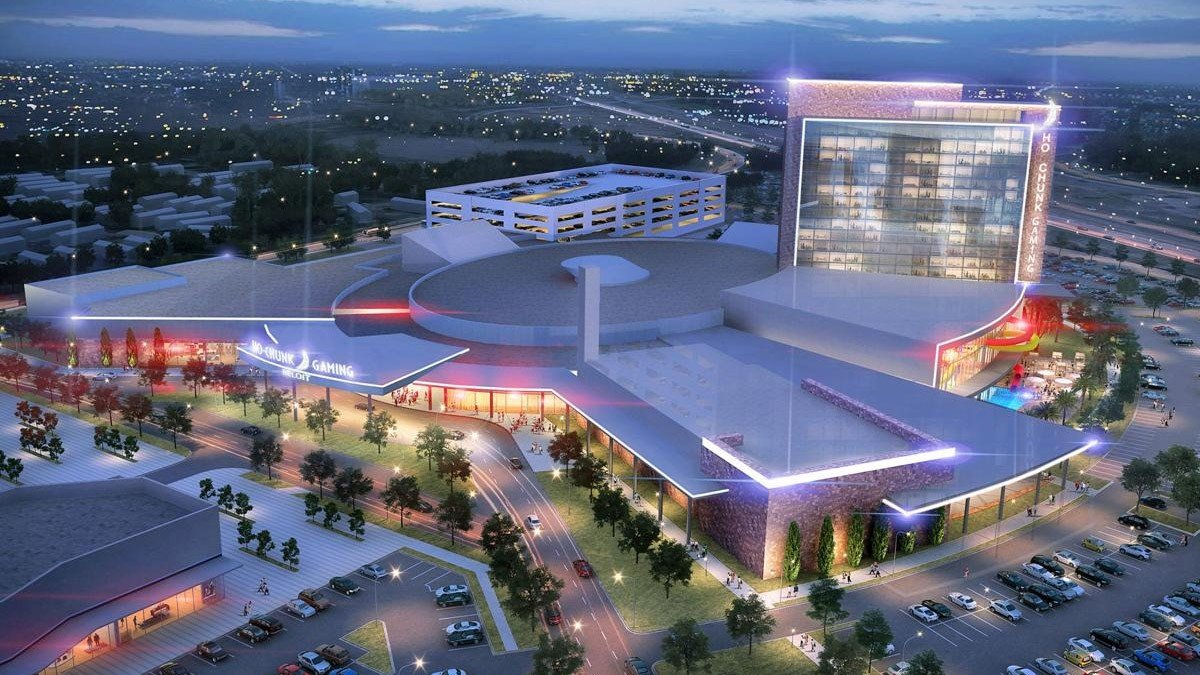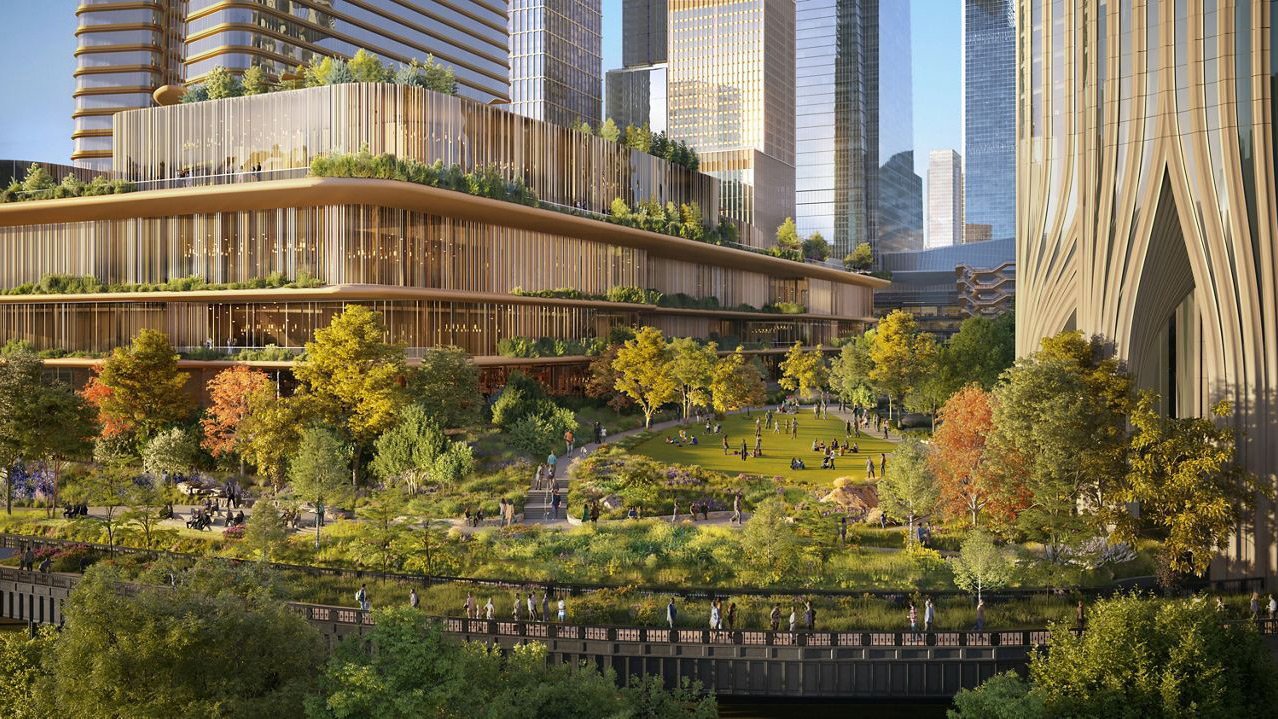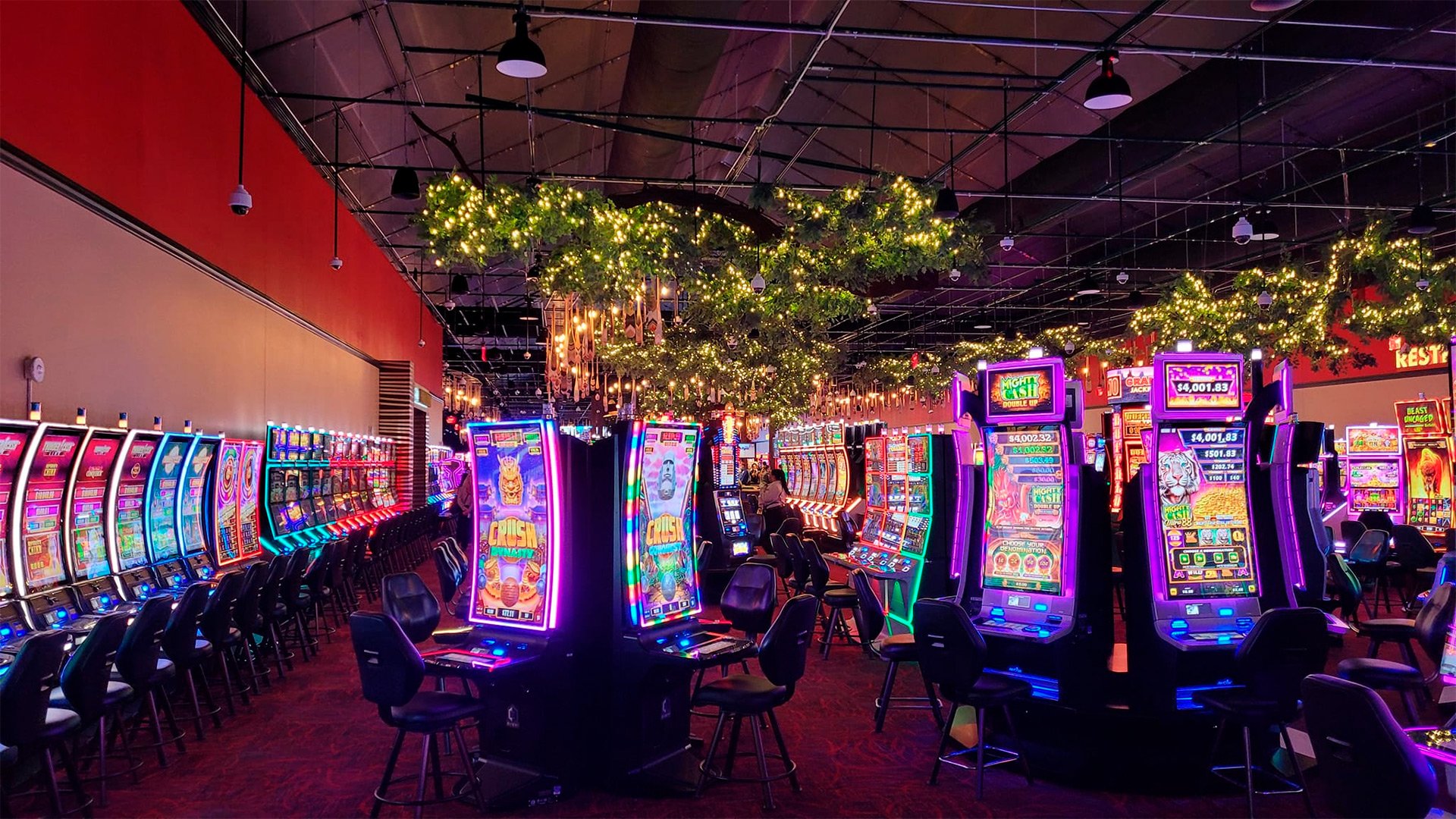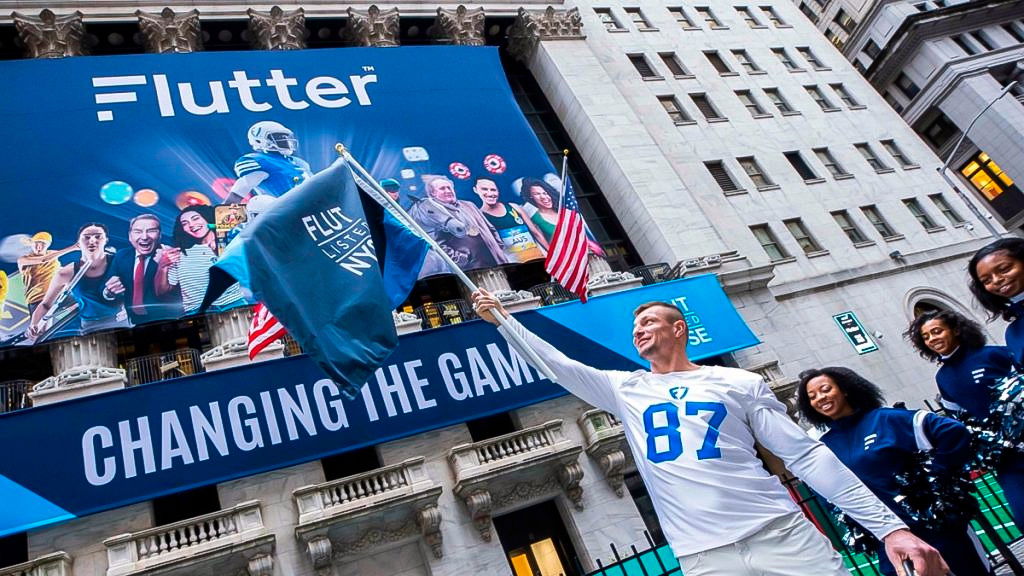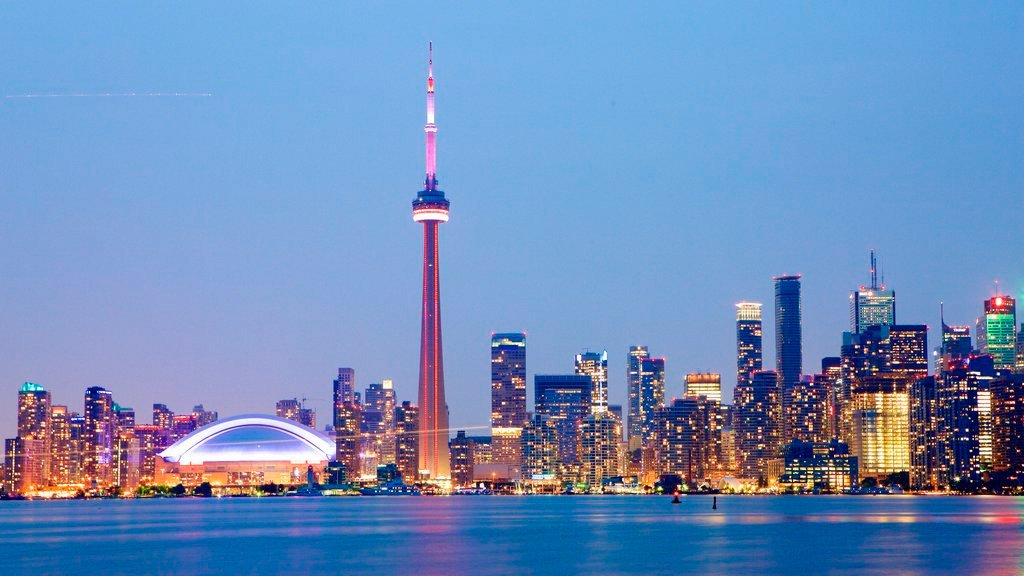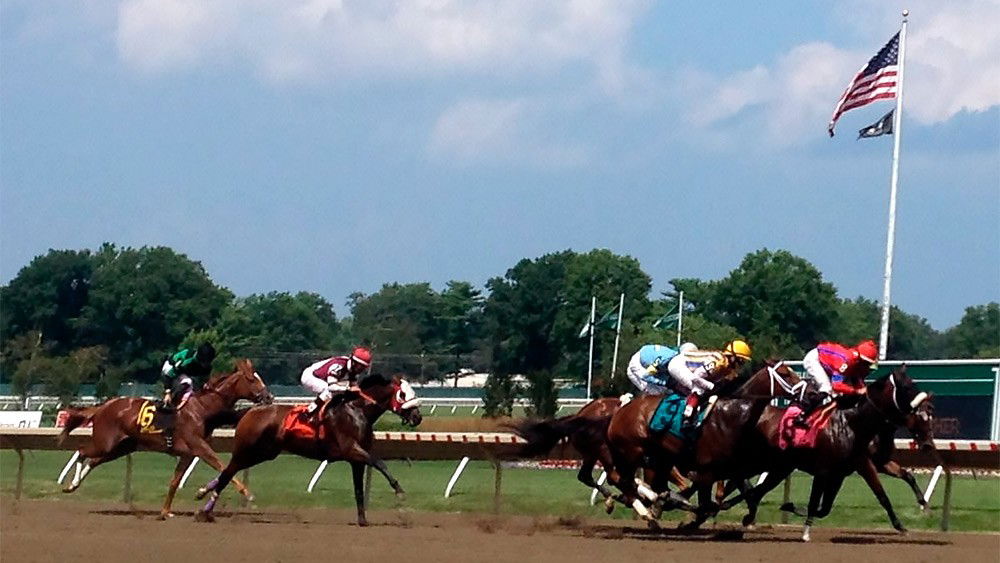Illinois could face a gambling expansion including sports betting and new casinos
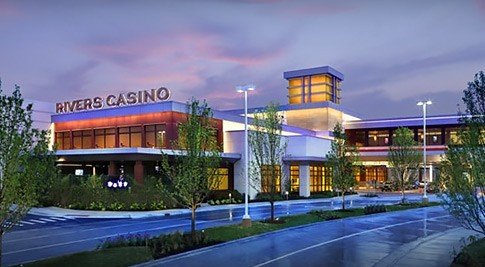
As the end of this legislative session nears, Illinois lawmakers could legalize sports betting this spring as part of a larger gambling expansion deal that also includes new casino licenses and expanded betting options at horse tracks. Stakeholders in the suburbs of Chicago that have been advocating for gambling expansion for almost a decade were present Thursday to deliver their testimony before a House executive committee on gambling expansion centered on legislation that failed to clear committee in the previous General Assembly of Illinois.
That bill, which would have added six more casino licenses to the state's current 10, could prove to be a basis for this year's bill, which has not been filed yet. In addition, the governor is counting on more than USD 200 million in sports betting revenue in his spending plan for the budget year that begins July 1.
With their scheduled May 31 adjournment approaching, lawmakers are faced with the reality that winning broad support for a sports betting bill likely will require resolving issues they’ve been kicking around since then-Gov. Pat Quinn in 2013 vetoed the last gambling expansion bill passed by the General Assembly.
Chicago, Waukegan, Rockford, the south suburbs, and communities in central and southern Illinois want new casinos. Horse tracks want to have slot machines and table games to support their operations and offer larger purses for race winners. Meanwhile, the state’s 10 existing casinos, stinging from the loss of bettors and revenue to legalized video gambling at bars and restaurants, don’t want to contend with more competition.
Sam Cunningham, mayor of Waukegan, said the city is "ready to transform with the addition of a casino to Lake County." Parties in Lake County have long been vying for a casino. In the meantime, the county and various suburbs have relied on video gambling for new revenue.
Meanwhile, casinos are pushing for legislation to allow betting on sports within the casinos or online using the casinos' wagering platforms. Tom Swoik, executive director at the Illinois Casino Gaming Association Swoik, in November estimated sports betting would generate roughly $50 million to $100 million a year in tax revenue for the state.
"We don't think we need any more brick and mortar casinos in the state," Swoik said last fall. "We do think the legalization of sports betting will help now that the Supreme Court has ruled states can allow it if they want."
Sports betting is what Arlington Park is focusing on. Last year's gambling bill would have allowed video gambling and table games at racetracks, turning them into racinos. But Arlington did not support the measure.
Tony Petrillo, president of Arlington Park, said Thursday he'd like to see lawmakers focus on passing sports betting legislation first, because trying to incorporate too many interests in a comprehensive gambling bill might leave racetracks with the same outcome as last year -- nothing. "While [sports betting] is not the answer to our overall problems, we feel it can reach and expand our customer base until those big gaming issues are worked out," Petrillo said.
“The city of Chicago supports sports wagering and the legalization of it within a comprehensive amendment that provides for a publicly owned Chicago casino license,” city lobbyist Derek Blaida told lawmakers Thursday during the House committee hearing on gambling expansion.
Mayor-elect Lori Lightfoot also wants a Chicago casino, but a spokeswoman did not respond to a request for comment on whether her support for a city casino is separate from the issue of sports wagering.


